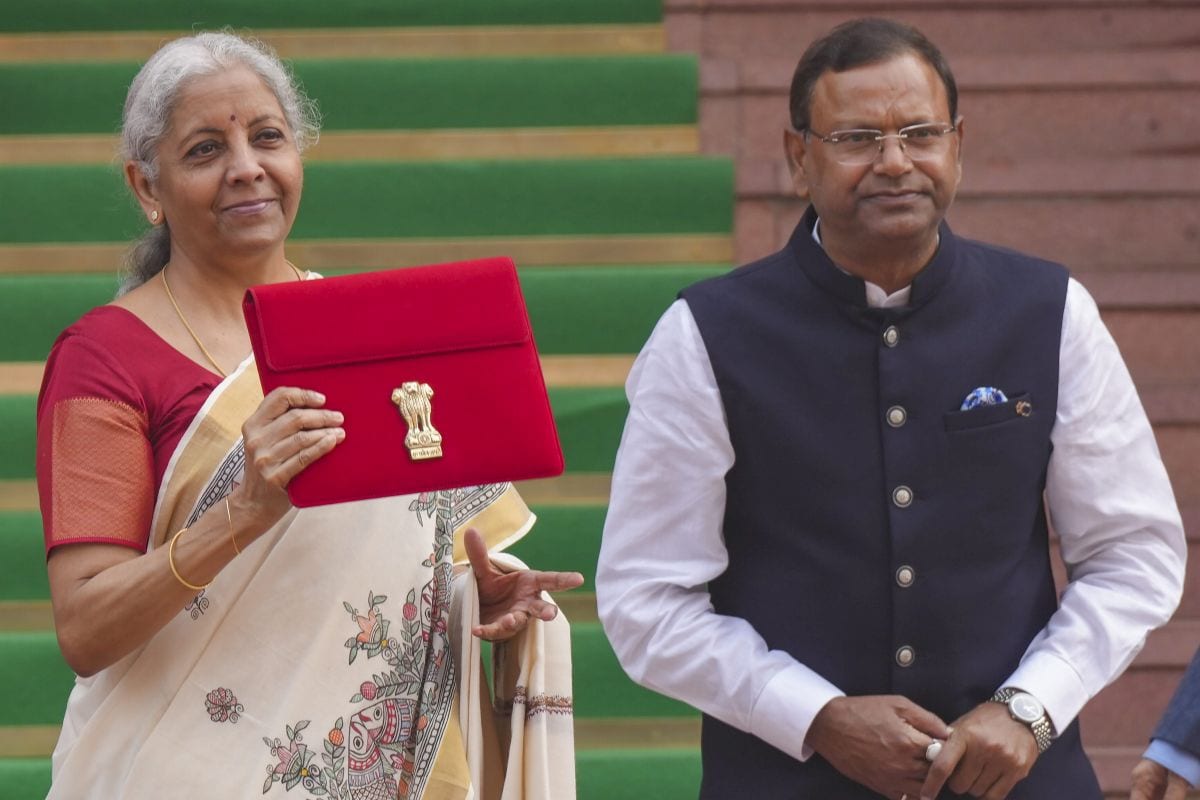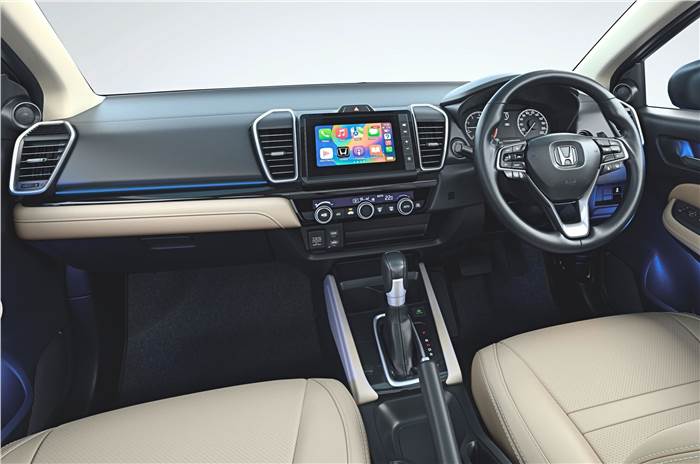Finance Minister Nirmala Sitharaman on Saturday announced several new measures and schemes as part of the Union Budget 2025. The second budget of the NDA government’s third term will expand broadband connectivity to government schools, and take efforts to boost manufacturing of solar cells, grid-scale batteries, and other products. The budget will also provide insurance coverage for nearly 1 crore gig workers, while loan limits under the PM Swanidhi scheme will be increased, along with a new Rs. 30,000 credit card linked to the NPCI’s unified payments interface (UPI).
The Union Budget 2025 brings good news for the industry, including the consumer electronics manufacturing sector. New reductions on BCD for important components means that localisation of parts such as batteries and displays will rise, said Counterpoint Research Director Tarun Pathak.
Here are 5 things to know about key technology-related announcements from the Union Budget 2025
- The government has announced five National Centres of Excellence for Skilling, and a new Centre of Excellence for AI in Education will also be set up — the latter will have an outlay of Rs. 500 crore, according to the finance minister. Meanwhile, new infrastructure will be added to IITs that were established after 2014 as part of efforts to add 6,500 seats for students at the newer institutes.
- Broadband connectivity will be expanded to all secondary schools and primary health centres across the country, under the Bharat Net programme. Meanwhile, over 50,000 Atal Thinking Laboratories (ATL) will be established over the coming five years at government-run schools.
- A new Deeptech fund-of-funds is being explored by the government, in order to boost research and development. Data from the PM Gati Shakti initiative will also be shared with the private sector, while a Bharat Trade Net platform will be set up to facilitate international trade. India Post will be revamped to improve its logistics capabilities, according to the finance minister.
- The Make in India initiative will be expanded to include a new manufacturing mission that will create an ecosystem for the local production of components such as grid-scale batteries, solar photovoltaic (PV) cells, and electrolysers. The government has lowered basic customs duty (BCD) on open cells and carrier-grade Ethernet switches, while BCD on flat panel displays has doubled from 10 percent to 20 percent.
- Over 1 crore gig workers will be eligible for government-funded insurance, along with e-Shram registration and an identity card. The finance minister also announced a new UPI-linked credit card with a usage limit of Rs. 30,000, as well as higher loan limits for the PM Swanidhi Scheme.







